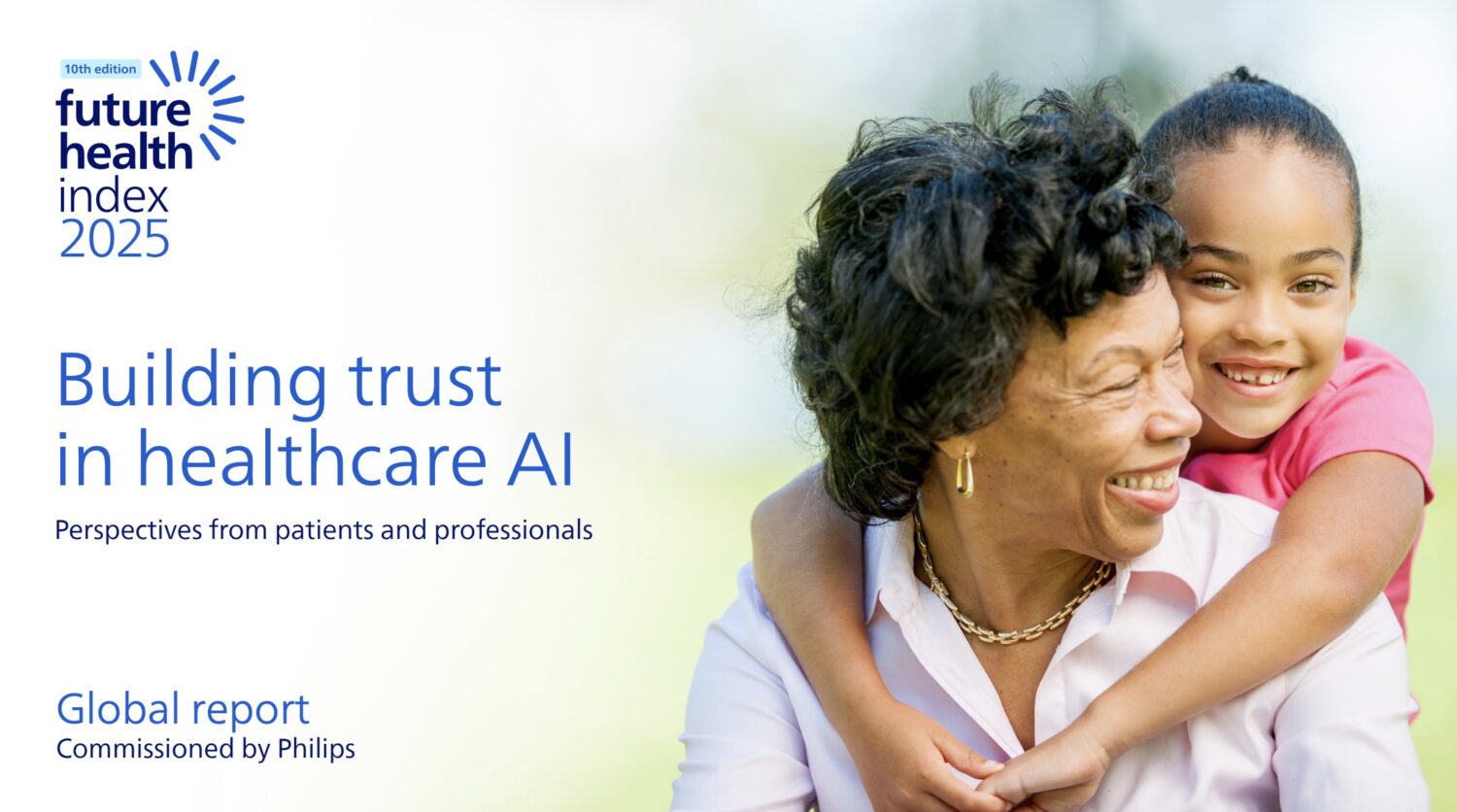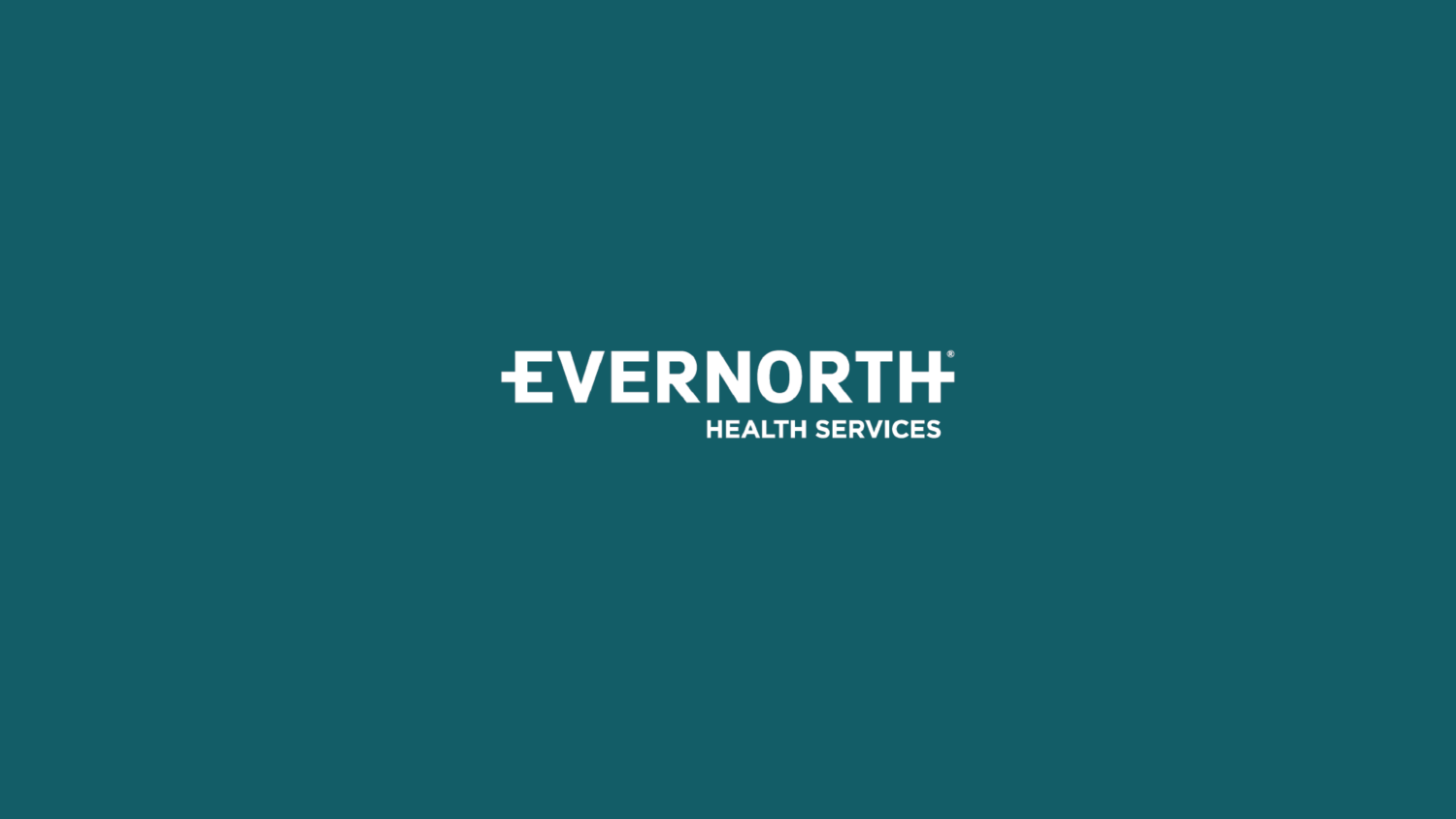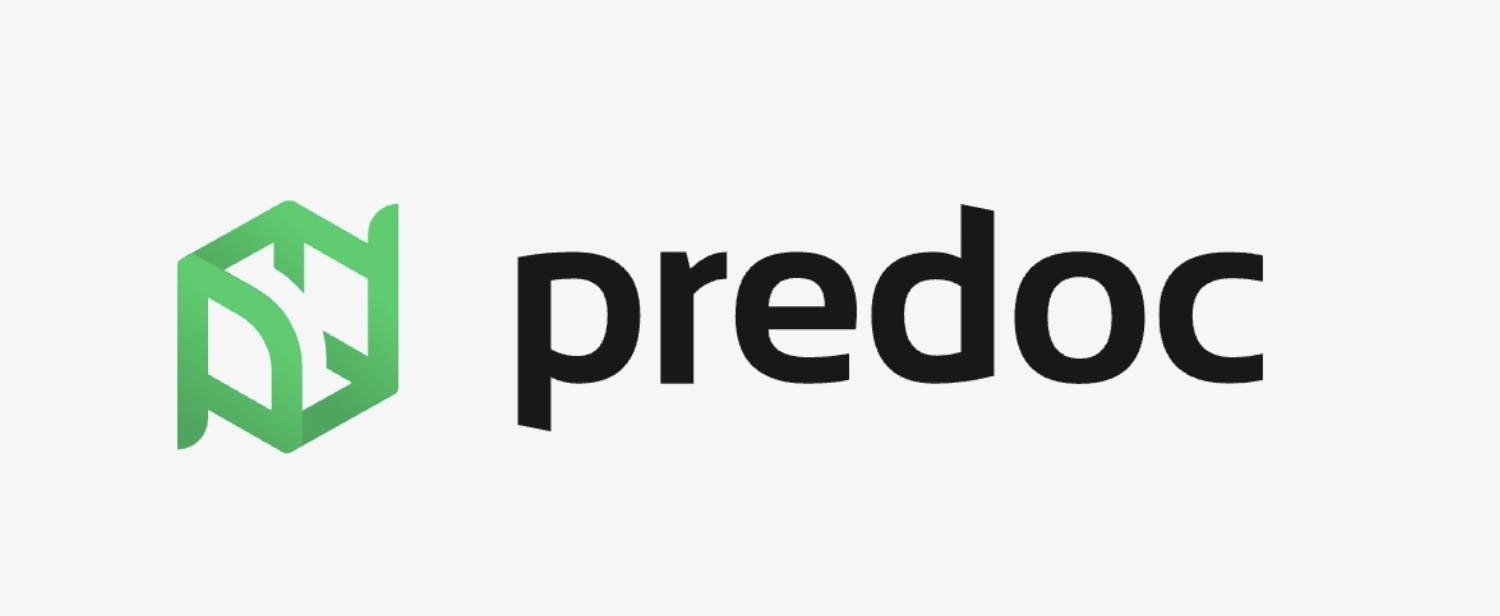
What You Should Know:
– Philips has unveiled new findings from its Future Health Index 2025: Cardiology Snapshot, a report that explores how cardiac care professionals and patients view the role of AI and digital health technologies in transforming heart health.
– The report offers a candid look at the pressing challenges in cardiology and the growing potential of AI to alleviate them. Cardiovascular disease affects over 640 million people globally, putting an enormous strain on health systems. The report finds that time is one of the most valuable and scarce resources in cardiac care.
Mounting Delays and Inefficiencies
The report reveals that time is a significant challenge for both patients and providers. Nine out of ten cardiac patients globally report delays in seeing a specialist, with an average wait time of nearly 12 weeks. These delays come at a high cost, as one in three patients say their condition worsened while waiting for an appointment, which often results in hospitalization.
Cardiac care professionals also face inefficiencies, with nearly 80% reporting that they lose clinical time due to incomplete or inaccessible patient data. Almost half of these professionals lose more than 45 minutes per shift as a result of these data issues.
AI Can Restore Focus on Patients
Despite the systemic challenges, healthcare providers remain hopeful. The survey shows that 91% of cardiac care professionals find joy and purpose in connecting with patients. To maintain this human connection, they are increasingly looking to technology for support. More than four in five providers believe that AI can automate repetitive tasks, extend clinical capacity, and support earlier diagnoses. A significant number, 79%, also believe that AI could help reduce the overall burden of cardiovascular disease in the long run.
While clinicians are optimistic, patients are more cautious. Only 56% of cardiac patients are optimistic that AI could improve healthcare. A key concern for patients is that healthcare could become less personal. The report finds that patients would feel more comfortable with AI if their doctors and nurses clearly explained its use and benefits. For professionals, trust hinges on clear guardrails, with more than one in three calling for greater clarity around legal liability and assurance that AI systems are monitored and transparent.
5 Key Actions to Unlock AI in Cardiac Care
The report outlines five key actions to help unlock the full potential of AI in cardiac care:
Streamlining Data Access: This is essential to free up clinical time and reduce administrative burden.Automating Routine Tasks: This allows providers to spend more time focusing on patient care.Leveraging Predictive Analytics: This can support earlier interventions and improve outcomes.Bridging the Trust Gap: Involving both professionals and patients in the deployment of AI is critical for adoption.Ensuring Transparency and Oversight: This is vital for building long-term confidence in AI systems and sustaining their impact.For more information, visit the Philips Future Health Index 2025 site to download the full report.













 Bengali (Bangladesh) ·
Bengali (Bangladesh) ·  English (United States) ·
English (United States) ·